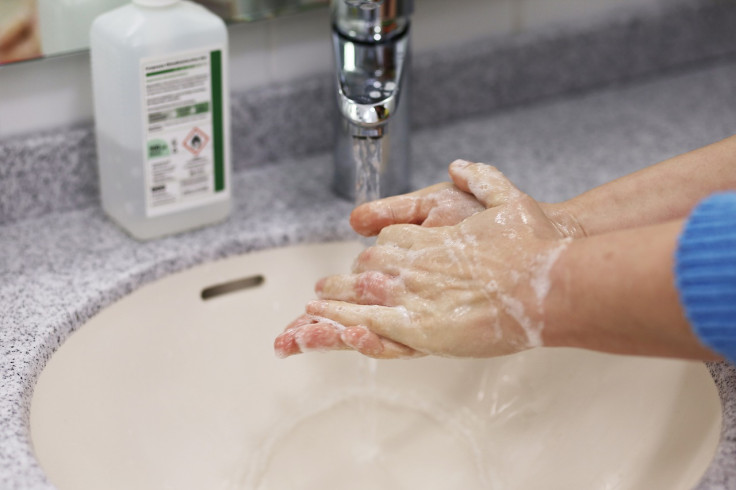Keeping hands clean becomes second nature amid pandemic
Comparing data in October 2019 with that of June 2020, it was found that in the present year, more people remember to wash their hands.
Keeping the hands clean is one of the major defenses anybody could have against coronavirus. Perhaps the constant reminding of the Centers for Disease Control and Prevention (CDC) and the World Health Organization (WHO) may have paid off, as new research showed that more people are remembering to keep their hands clean by washing. However, there are still some groups who need more reminders.
The U.S. CDC looked at six scenarios involving young adults and handwashing and they tried to determine if these young people do remember to wash their hands. The six scenarios that CDC tested include checking if people washed their hands after coughing or sneezing, before eating at home, before food preparation at home, before eating at restaurants, after bathroom use at home, and after bathroom use in public.
In the agency's research paper published in Prevention's Morbidity and Mortality Weekly, the CDC compared the month of October in 2019 with that of June 2020 and found that in the present year, more people were conscious about hand washing.
In 2020 people were 2.3 times more likely to wash their hands after sneezing, coughing, or nose blowing. The odds are 2.0 times higher prior to eating at a restaurant, although if at home, the research showed that people were only 1.7 times more likely to wash their hands. The comfort and the normalcy of the home most likely is the reason why the rate of hand washing is not as high as others.
The research also noted that in the present year, 71.2 percent of participants said that they remember to wash their hands as compared to only 53.3 percent in 2019 after they would blow their noses, sneeze, or cough.
For those who eat at restaurants, 70.6 percent wash their hands before eating as compared to only 55.2 percent in 2019. At home, there was also an increase, as there was 74.4 percent who would wash their hands before a meal as compared to only 62.8 percent in 2019.
In terms of other group categories, the study noted that women, older adults, Hispanics, and Blacks, were more likely to wash their hands compared to men, younger adults, and White adults.
In fact, a separate study, which appeared in the journal Behavioral Science & Policy, conducted by researchers at the Yale University and New York University, noted that women are more likely to wash hands, wear masks, and practice social distancing compared to men. In addition, females are more likely to show anxiety in their response to the pandemic.
© Copyright IBTimes 2025. All rights reserved.






















